Namco Bandai Flags IP Risks Amidst Packed Release Calendar
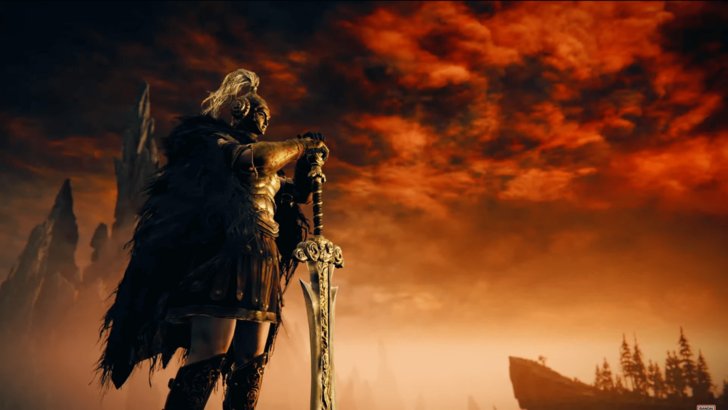
Bandai Namco's European CEO, Arnaud Muller, highlights the evolving challenges publishers face in today's competitive video game market, particularly concerning the release of new intellectual properties (IPs). This article delves into Muller's statements and their implications.
There are Risks in Developing New IPs in a Crowded Market, Says Bandai Namco EU CEO
Rising Costs and Unpredictable Release Schedules Fuel Uncertainty
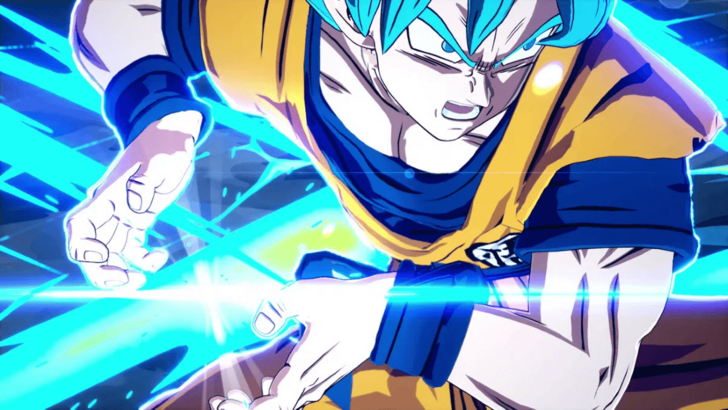
2024 has presented a complex landscape for video game developers, including Bandai Namco. CEO Arnaud Muller describes navigating economic uncertainty and an increasingly saturated release calendar. In a recent interview, he discussed the risks and opportunities facing publishers as they strategize for future releases.
Despite Bandai Namco's strong financial performance this year—driven by the success of Elden Ring's expansion, Shadow of the Erdtree, and the upcoming DRAGON BALL: Sparking! ZERO—Muller emphasizes the challenges ahead. While 2024 is viewed as a "year of stabilization" following industry-wide adjustments, long-term development and release planning pose significant concerns.
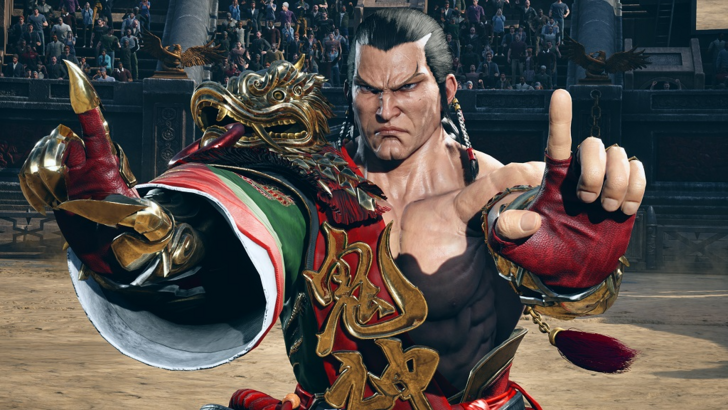
In an interview with GameIndustry.biz, Muller revealed Bandai Namco employs a "balanced risk approach" when evaluating its game pipeline. This considers investment levels, the potential of existing IPs versus new development, and market segment analysis. However, he acknowledges the shifting definition of "safe bets."
"Are there safe bets today in the market? I believe yes," Muller stated. "But… launching a new IP has become increasingly difficult." He cites rising development costs and extended timelines, emphasizing the need to proactively account for potential overspending and delays. Failure to do so, he warns, can lead to unpleasant surprises.
The unpredictable nature of release schedules further complicates matters. With 2025 anticipating titles like Monster Hunter Wilds, Avowed, Ghost of Yōtei, and potentially a Nintendo Switch 2 launch, Muller questions the reliability of projected release windows: "How many of these games will come on time?... We are no different to everybody else."
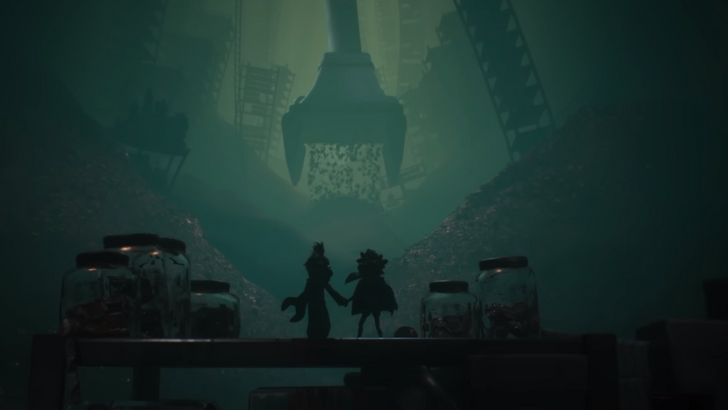
Muller suggests focusing on specific genres and established IPs, such as the upcoming Little Nightmares 3, offers a degree of protection. "We believe that… there is an audience that is interested in our portfolio, that is loyal to some of our IP, and that will be interested in buying our games," he explained.
While established franchises offer a degree of security, Muller cautions against complacency. Player preferences evolve, and past successes aren't guaranteed in changing market conditions. Conversely, new IPs face greater vulnerability to commercial failure due to their high development costs and market saturation. "Little Nightmares 3… has a fanbase that hopefully will be interested in playing that game, irrespective of whether GTA comes in 2025 or not," Muller added.
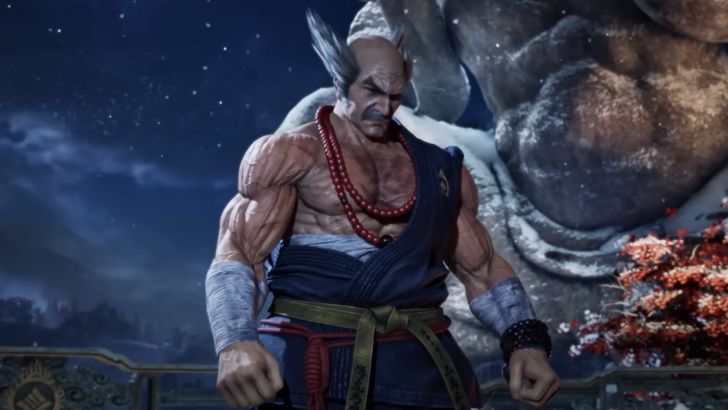
As mentioned earlier, Muller considers 2024 a "year of stabilization." However, he identifies three key factors for returning the market to significant growth: a favorable macroeconomic environment, a robust platform and install base, and the expansion into new, high-growth markets such as Brazil, South America, and India.
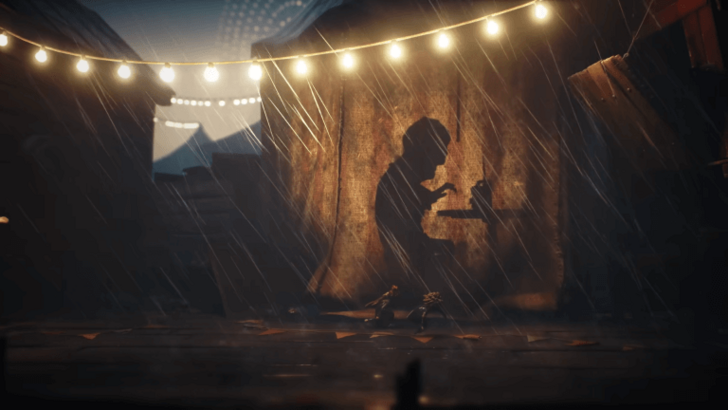
Regarding the potential impact of the upcoming Nintendo Switch 2, Muller stated, "we’re platform agnostic. Our games are mostly available on all platforms, and Switch has always been an important platform to us… Whenever a new console comes out from Nintendo, we’ll be ready to invest there."
Despite the challenges, Muller expresses optimism. He believes that if the planned 2025 game releases materialize, "then obviously, I don’t see how the market wouldn’t grow next year."









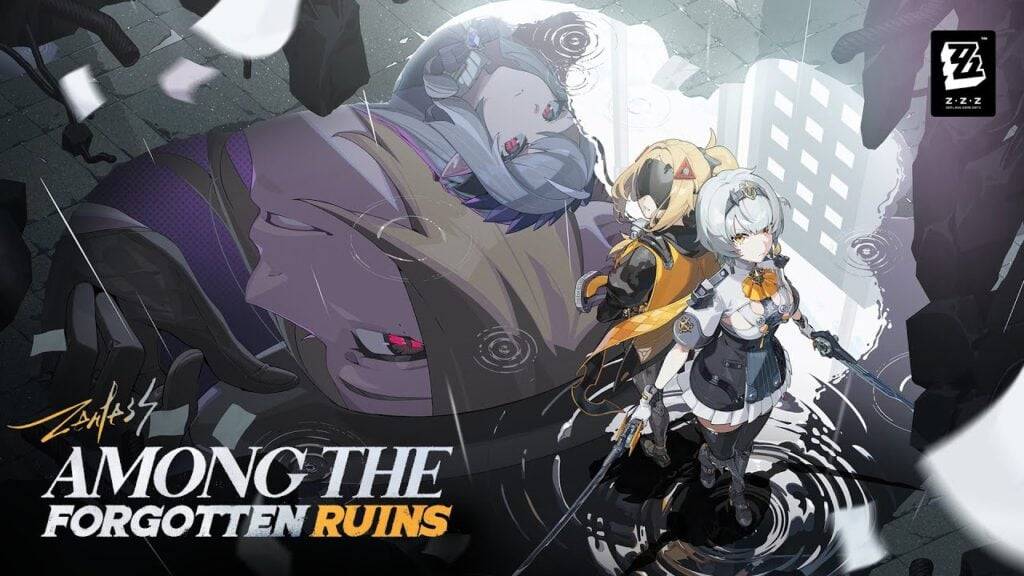
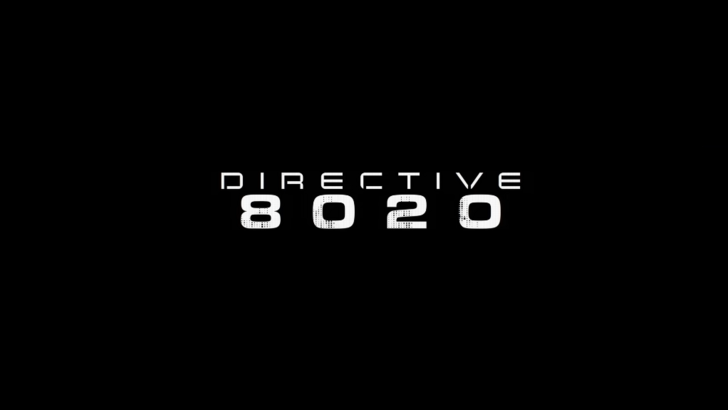












![FurrHouse [Ch. 3]](https://images.dshu.net/uploads/30/1719555089667e54115d59f.jpg)




